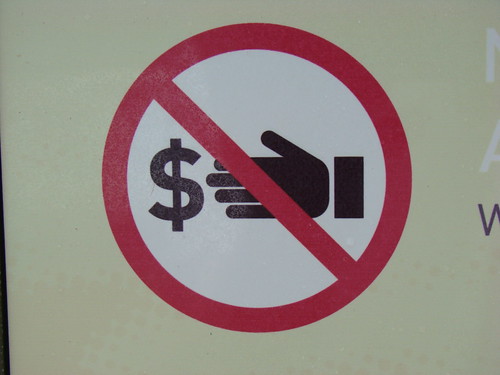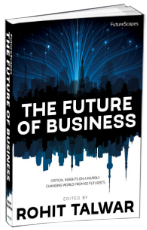[caption id="" align="alignright" width="294"]

Dancing to the beat of their own drums?[/caption]
A whole generation of single children have come of age, revealing some interesting sociopsychological observations. Although China's one-child policy implemented in 1979 has helped curb population growth, their aspiring leaders and innovators are showing some undesirable tendencies that are not as prominent among children with siblings. Only a quarter of Chinese families had single children in 1975 compared with 91 % in 1983. So by comparing children born right before and right after the one-child policy took effect, researchers from Australia National University were able to keep other cohort-dependent variables fairly constant. What they found is that the single children tend to have lower social skills and weaker economic attainment than their slightly older peers with siblings.
The now grown up participants were tested playing various strategic games:
dictator,
trust,
risk and
competition and with follow up surveys. Those who were born after the policies took effect indicated by the results that they were less cooperative, less trusting, more risk aversive and less competitive than the ones who were born before the policy. The researchers were even able to document that the sibling-deprived participants more frequently
demonstrated signs of neuroticism. Social interaction with peers and extended family could not mitigate the sibling effect. The
full study was published in
Science this last January.







